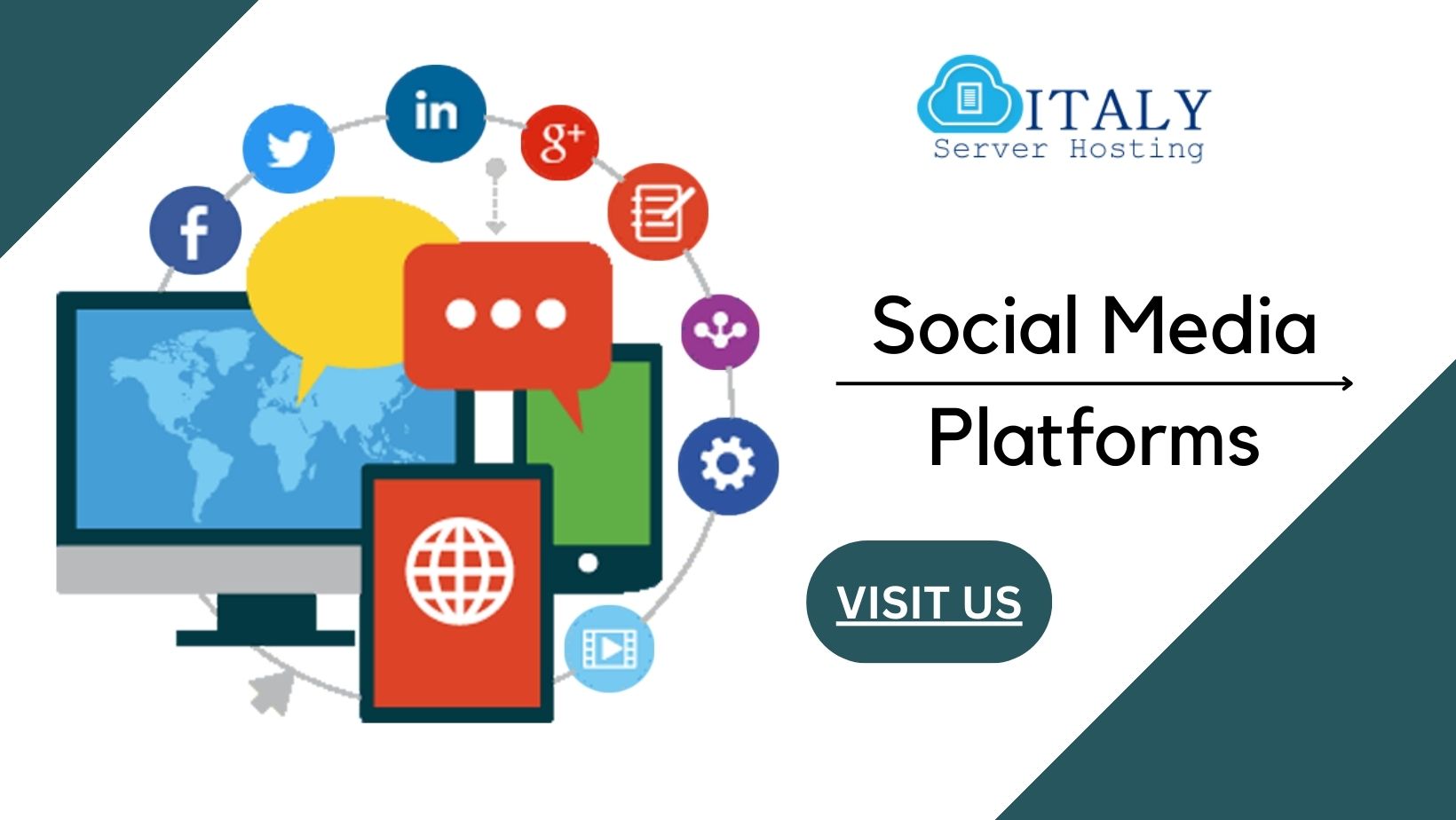
In the digital age, where online interactions and connections have become an integral part of our daily lives, social media platforms have risen to prominence. These platforms, such as Facebook, Twitter, Instagram, LinkedIn, and more, offer businesses unprecedented opportunities to connect with their target audience, foster brand loyalty, and expand their online presence. This article explores the role of social media platforms in increasing business presence, the strategies involved, and the tangible benefits they bring.
The Power of Social Media
Social media platforms have transformed the way businesses communicate and engage with their audience. With billions of active users across various platforms, they provide a vast and diverse audience to tap into. Here are some ways in which social media platforms can significantly impact a business’s online presence:
1. Enhanced Brand Visibility
Social media platforms offer businesses a global stage to showcase their products, services, and brand identity. By creating compelling content and maintaining an active presence on these platforms, companies can ensure that their brand remains visible to a wide and engaged audience.
2. Targeted Audience Reach
One of the most powerful aspects of social media marketing is the ability to reach a highly targeted audience. Platforms like Facebook and Instagram allow businesses to define their audience based on demographics, interests, behaviors, and more. This precision targeting ensures that your content reaches those most likely to be interested in your products or services.
3. Building Brand Authority
Consistently sharing valuable content and engaging with your audience on social media can help establish your business as an authority in your industry. By sharing expertise and knowledge, you can gain the trust and confidence of your followers, further enhancing your online presence.
4. Increased Website Traffic
Social media can drive significant traffic to your website. When you share links to your website or blog posts on social media platforms, you invite users to visit your site, explore your content, and potentially make purchases. This increased web traffic can positively impact your search engine rankings, further boosting your online presence.
5. Real-time Customer Engagement
Social media platforms provide a direct channel for businesses to engage with their customers in real-time. This immediate interaction allows you to address customer inquiries, resolve issues, and receive valuable feedback, enhancing your brand’s reputation and presence.
6. Content Sharing and Virility
Social media thrives on the sharing of content. When users find your content valuable and share it with their networks, your message can quickly go viral. Viral content can significantly expand your reach and increase your business’s presence far beyond your immediate audience.
7. Cost-Effective Marketing
Compared to traditional advertising channels, social media marketing is often more cost-effective. Many platforms offer advertising options with flexible budgets, making them accessible to businesses of all sizes. This affordability allows smaller businesses to compete with larger counterparts and increase their presence.
Strategies for Increasing Business Presence on Social Media
While social media platforms offer immense potential, achieving a strong online presence requires a strategic approach. Here are key strategies to consider:
1. Define Your Goals:
Start by identifying clear and measurable objectives for your social media presence. Whether it’s increasing brand awareness, driving website traffic, or generating leads, setting specific goals will guide your efforts.
2. Understand Your Audience:
Research and understand your target audience’s demographics, preferences, and behavior. This knowledge will help you create content that resonates with your audience and encourages engagement.
3. Choose the Right Platforms:
Not all social media platforms are equally effective for every business. Select the platforms that align with your target audience’s preferences and where your competitors are active.
4. Consistent Branding:
Make sure your social media profiles all have the same branding. This includes using the same logo, colors, and messaging to create a cohesive brand identity.
5. Create High-Quality Content:
Content is king on social media. Produce informative, entertaining, or inspirational material for your audience. Use a mix of text, images, videos, and other media formats to keep your content fresh and engaging.
6. Posting Schedule:
Establish a regular posting schedule to keep your audience engaged. Consistency is key, but it’s important to strike a balance between frequency and quality.
7. Engage and Respond:
Actively engage with your audience by responding to comments, messages, and mentions promptly. Show that you value their input and are attentive to their needs.
8. Use Visuals:
Visual content tends to perform well on social media. Use attention-grabbing pictures, infographics, and videos to draw in viewers.
9. Make Use of Hashtags:
Make use of pertinent hashtags to improve your content’s discoverability. To increase your reach, look out hot and well-liked hashtags related to your sector.
10. Analyze and Adapt:
Regularly analyze your social media performance using analytics tools provided by the platforms or third-party software. Use these insights to refine your strategies and adapt to changing trends.
Benefits of a Strong Social Media Presence
A strong social media presence offers several tangible benefits for businesses:
1. Increased Brand Awareness: Your brand becomes more recognizable, leading to increased trust and credibility among your audience.
2. Enhanced Customer Loyalty: Engaging with your audience on social media can foster a sense of community and loyalty, leading to repeat business and advocacy.
3. Improved Conversion Rates: Social media can drive qualified traffic to your website, increasing the likelihood of conversions and sales.
4. Competitive Advantage: A robust social media presence can set you apart from competitors and position your business as a leader in your industry.
5. Valuable Insights: Social media provides valuable data and insights into your audience’s preferences and behavior, helping you make informed business decisions.
6. Cost-Effective Marketing: Social media marketing is often more cost-effective than traditional advertising methods, offering a high return on investment.
Conclusion
Social media platforms have the potential to significantly increase business presence in the digital landscape. By leveraging these platforms strategically, businesses can connect with their target audience, establish brand authority, and drive meaningful engagement. However, success on social media requires a consistent effort, a deep understanding of your audience, and a commitment to providing value through content and interactions. With the right strategies and a focus on building genuine connections, businesses can harness the power of social media to expand their online presence and achieve their goals in the digital age.
